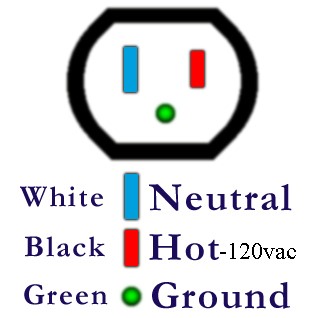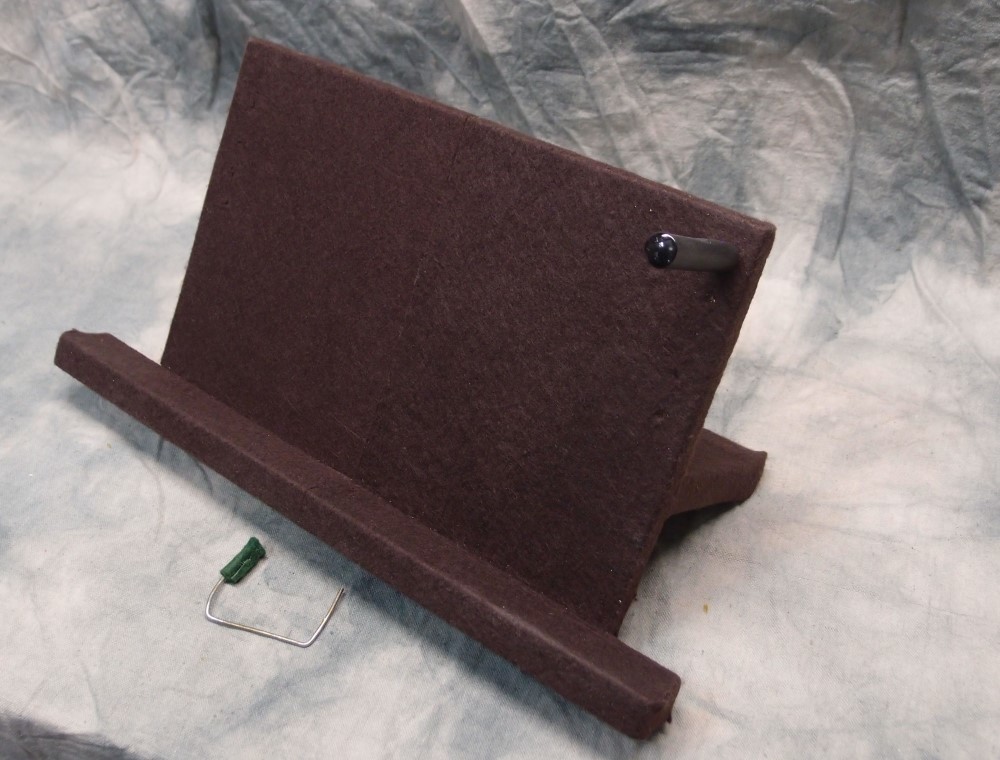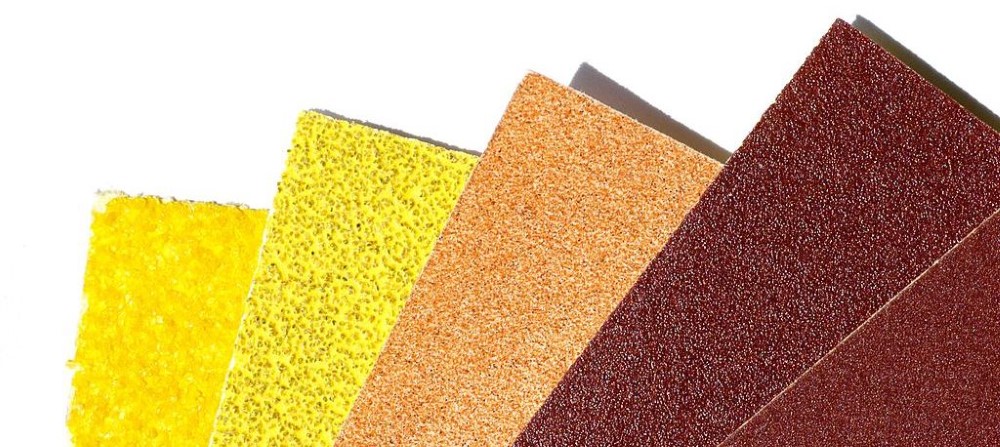Amplifiers

Tube amps lend themselves more naturally to distortion than solid-state. When overdriven, tubes produce more of the nice-sounding even harmonics, while transistors produce more of the odd harmonics, which don't sound as good. Early solid-state amps distorted very un-musically. Bass is generally played clean and requires a good deal more power, which would require a very large, heavy, expensive, and delicate tube amp, so solid-state became a good alternative for bassists.
Of course, things have changed a lot since the 1960s/1970s. Nowadays, most venues have their own sound systems, no need to bring a truckload of amplification with you. And electronics have progressed tremendously. A good solid-state modeling amp is indistinguishable from tube. Modern distortion pedals have come a long way from their primitive ancestors as well. Most players hear with their eyes though, and will insist they hear differences that can only be seen, and only a giant tube amp will satisfy them.
Brian May of Queen uses an old transistor car radio to achieve his distorted tone in the studio. It runs on batteries. So much for solid-state not sounding good. One downside of real tube distortion is that you generally have to crank the amp up so loud that someone will call the police. Billy Gibbons of ZZ Top turns a tube amp all the way up and places it in a soundproof enclosure with a microphone. That's kind of crazy when you consider all the good distortion pedals on the market. I wonder how many amps he blows up in a year?
I like a nice old tube amp sometimes. I like that the wiring diagram fits on one page, and I can actually understand what is going on and even make repairs and modifications. Small tube amps have made a resurgence as the need for huge power has gone away. They give an old-timey fun feeling, and they glow inside, but are they really better anymore? I doubt it. In this day and age, for bass I would go with solid-state - much less problems.

